My daughter’s cat, Kuma, caught this little sparrow, which she rescued and I later took to a wildlife shelter. (Featured Image was taken using Fujifilm X100. Vitals: f/4, ISO 200, 1/179 sec, 28mm; 3:42 p.m. […]


My daughter’s cat, Kuma, caught this little sparrow, which she rescued and I later took to a wildlife shelter. (Featured Image was taken using Fujifilm X100. Vitals: f/4, ISO 200, 1/179 sec, 28mm; 3:42 p.m. […]
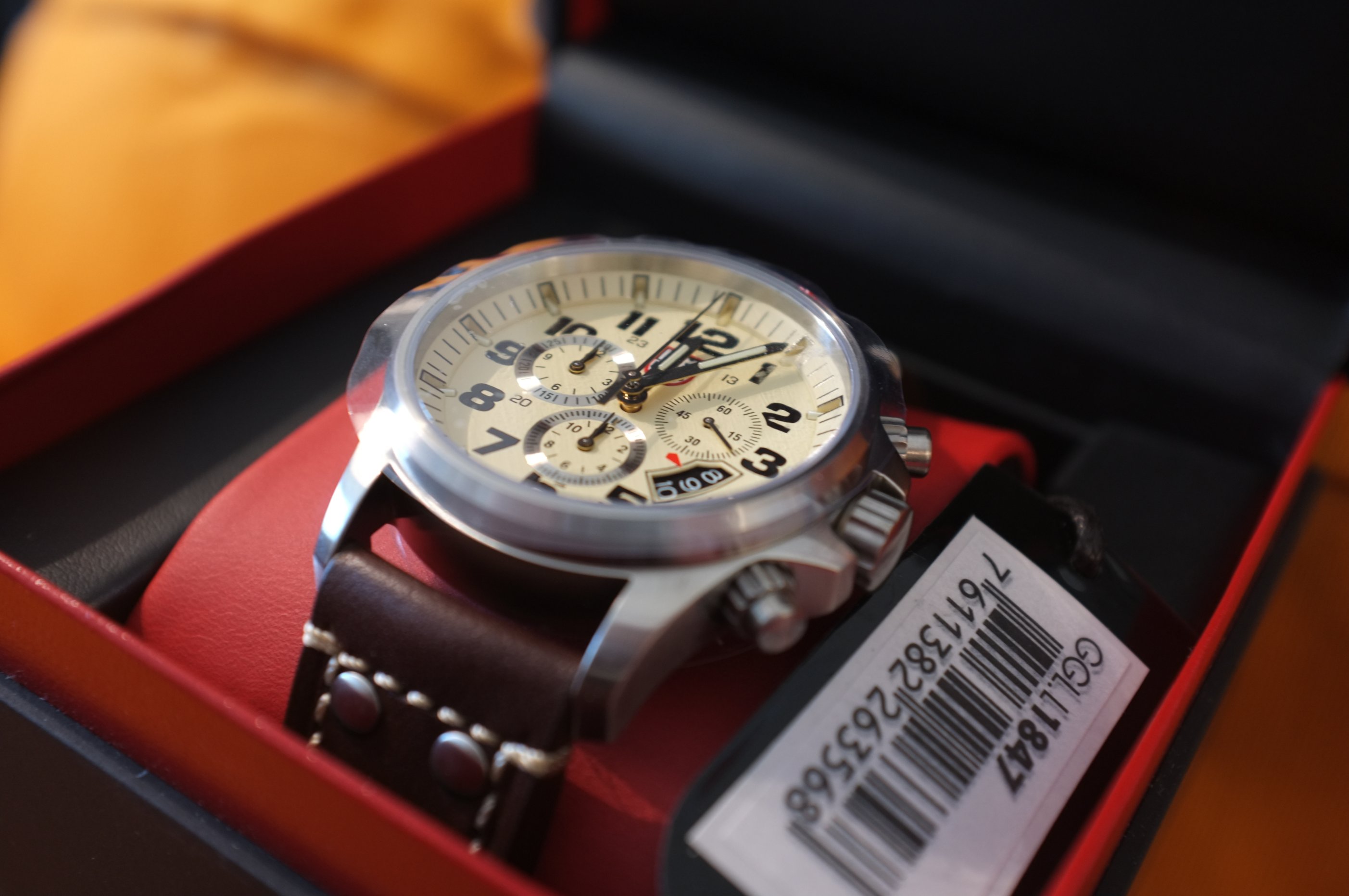
On Aug. 1, 2011, I sold my 11.6-inch MacBook Air to a friend. I let him pay in Amazon bucks (e.g., gift certificate), which I used to buy my daughter a LensBaby fisheye lens and […]

While my wife and I visited Ocean Beach Pet Supply, a woman and her daughter brought in a kitten. The woman claimed some guy driving by handed it to her, told her he found it […]

I am getting a late start this morning. Our Maine Coon, Kuma, climbed his first tree today and couldn’t get down. A young woman walking her dog helped our boy reach the ground. Big as […]
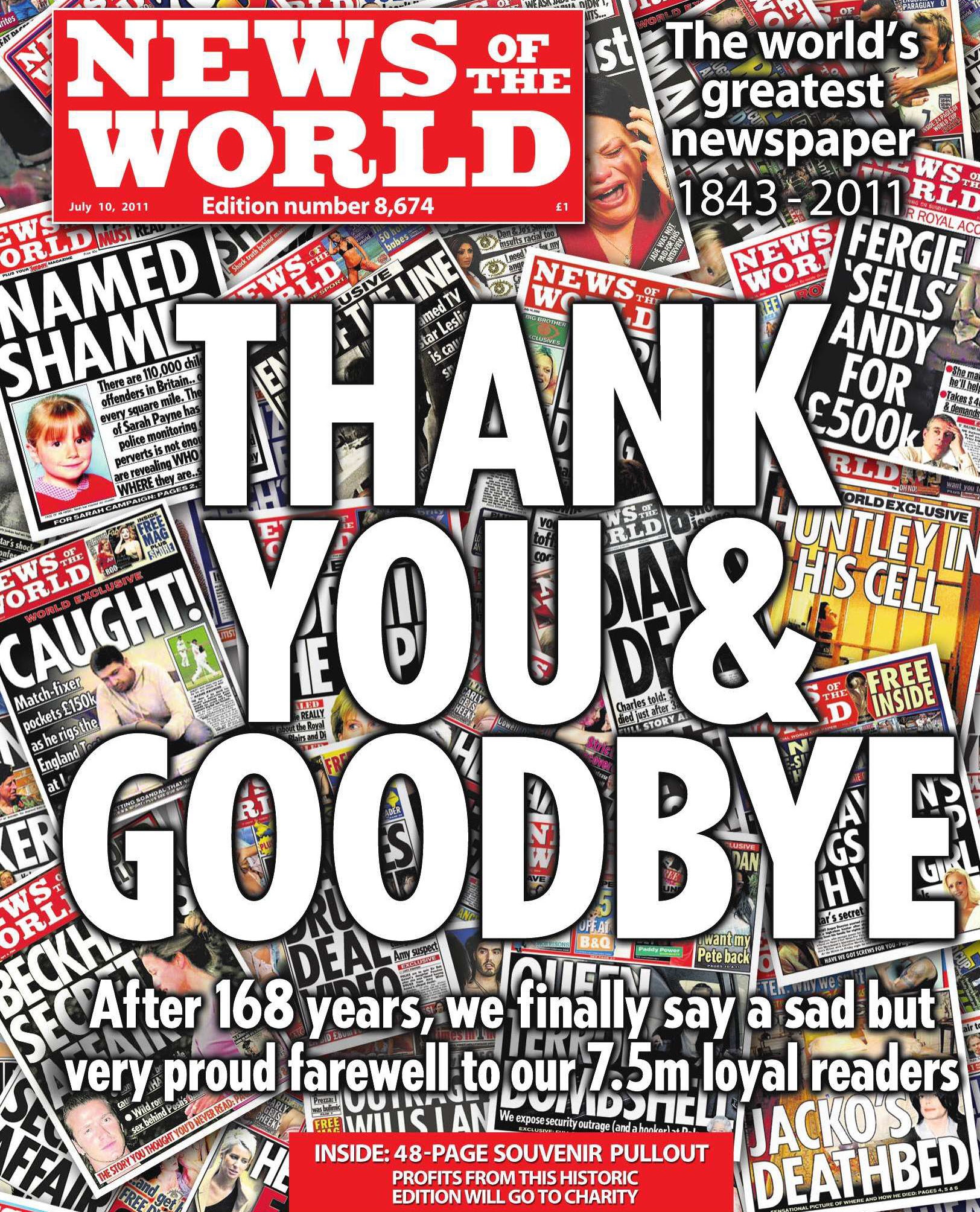
So, let me understand. David Pogue, the popular blogger contracted by the New York Times, shills for public-relations companies—demonstrating gross conflict of interest—and the consequence is what? He’s barred from making certain PR-influenced speeches?
The Times doesn’t go nearly far enough. The excuse: “Pogue is a freelancer, not a staffer. Philip B. Corbett, associate managing editor for standards, noted that under the policy freelancers are held to the same standards as staff members ‘when they are on Times assignments’. In this case, he wasn’t on assignment for The Times”.
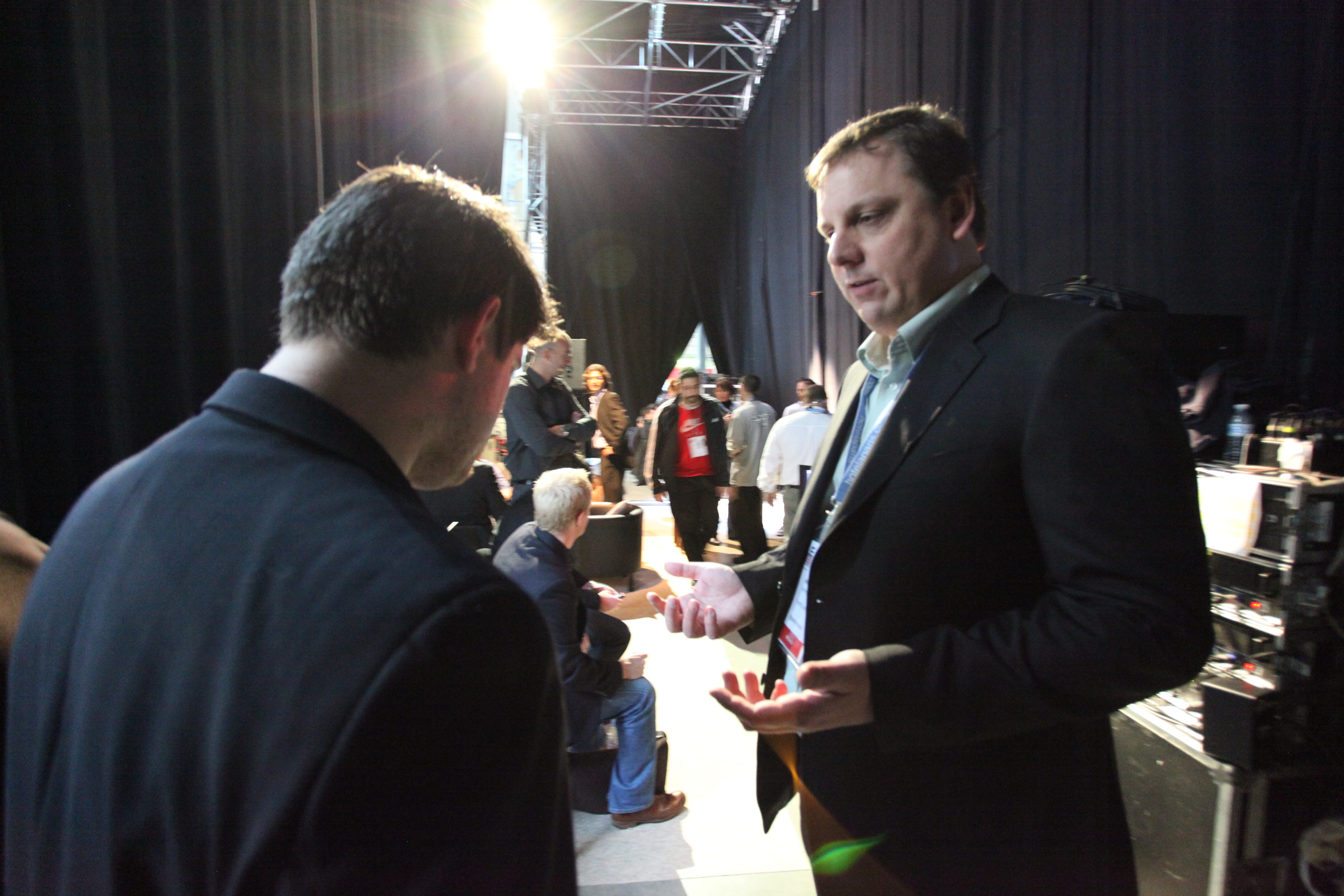
A month ago, April, 27, 2011, Michael Arrington posted “An Update To My Investment Policy”, which not surprisingly generated negative reaction from established journalists. I wanted to respond right away, but I’ve been too busy at Betanews, where new editorial responsibilities add to writing.
The issue is a long-standing one of debate regarding TechCrunch’s founder—that he invests in, or has other business dealings with, some of the companies he writes about.

Few digital cameras have caused as much stir as the retro-styled compact now available in the United States on a limited basis. The Fujifilm FinePix X100 joins the Leica X1, Sigma DP1x and DP2x, Sony Alpha NEX-3 and NEX-5, and micro four-thirds cameras like the Olympus PEN E-PL2 and E-P2 or Panasonic DMC-GF2 in a newer class of mirrorless digicams. I used or owned the DP1, DP2s, E-P2, GF1, and X1.
However, like the Leica X1 or Sigma DP series, the X100 is eccentric—the lens is fixed and cannot be changed. Who on earth would buy a digital camera without telephoto? I, for one. Many professional photographers for another. I’m no pro, but I have specific needs as a journalist for which the X100 is ideally suited. The Fuji is the only camera I own. Whether or not it will be sufficient for my needs, or possibly yours, is question answered by continuous use. For now, I offer my first impressions and explain what are this camera’s major benefits.
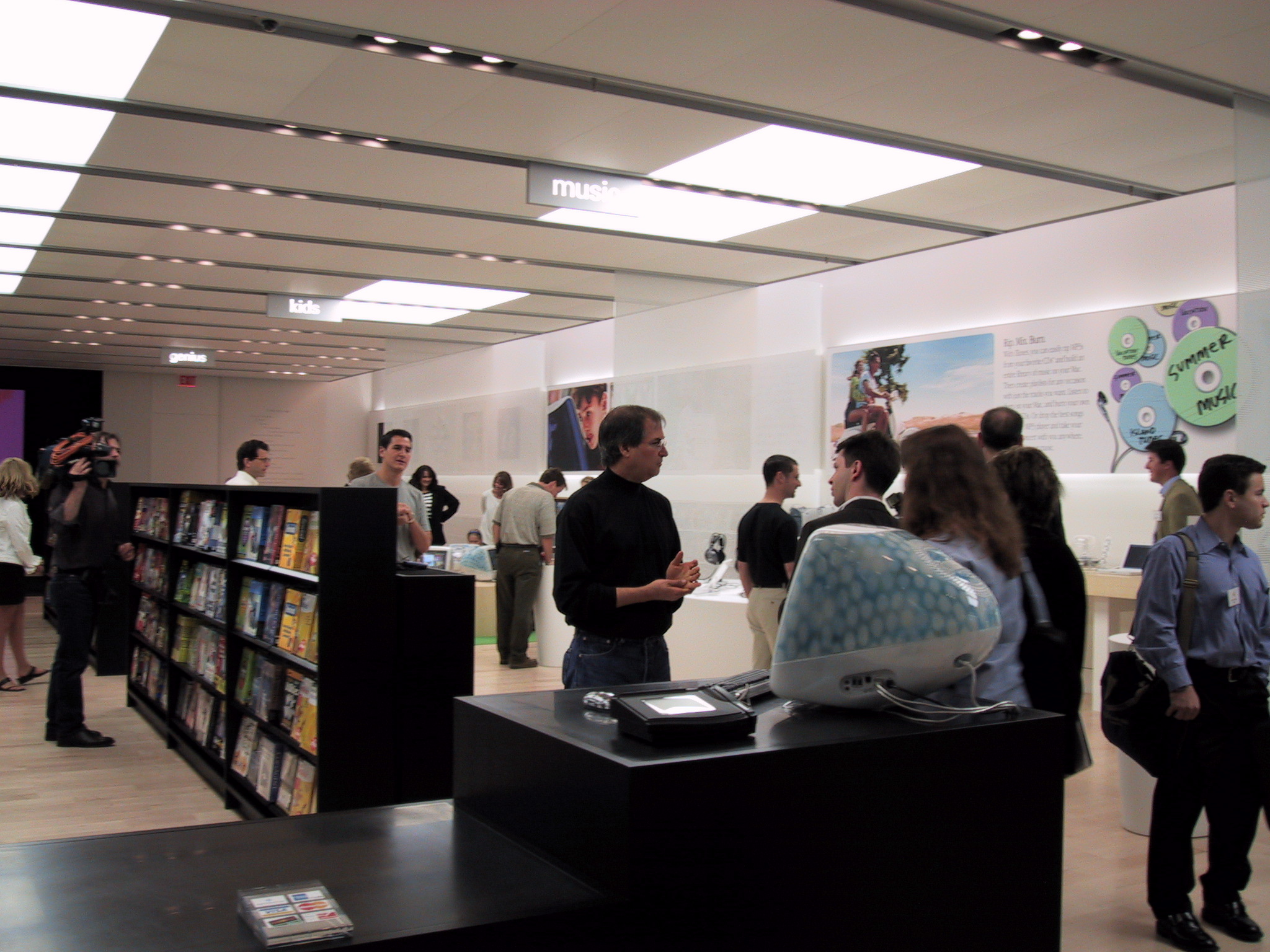
Ten years ago—that’s right, 2001—Apple made four investments that bore fruit in a 21st-century success story. Everything that came afterwards, even iPad and iPhone, traces back to what I call the “2001 Four”.
Apple made these investments during difficult times. The dot-com bust rippled disastrously through the tech industry, the United States was gripped in recession and Apple’s stock value had collapsed. Shares opened at $343.72 today about four bucks off the 52-week high. Apple’s market capitalization was $317.21 billion at yesterday’s close. Going back in time, Apple shares traded for less than $10 a decade ago. As I explained last month, Apple’s fortunes have dramatically changed.

Two reasons stand out: iPod and iPhone, and the ecosystem supporting them. Apple launched its tablet with huge manufacturing, distribution, and third-party support, something it didn’t have with iPod and less of with iPhone. Purely from that perspective, and discounting design or technical merits, Research in Motion and Samsung are strategically in best competitive ecosystem positions to release viable iPad competitors. But will they?
Some Apple fans will disagree, arguing that iPad’s size, design, and user experience make it far superior to other tablets. I won’t debate those points here but only observe they would be meaningless without the supporting ecosystem created by iPod and iPhone. Apple didn’t launch iPad into a vacuum but with lush sales and distribution environment.

This afternoon, I searched the CNET News.com archives to see if I had written something about Apple launching iTunes in January 2001. Hey, it’s the 10th anniversary. But another story caught my attention: “Merrill Lynch to Apple Investors: Sell“, from Jan. 7, 2003. On the eve of Macworld, with Apple shares at $14.85, analyst Michael Hillmeyer reinstated Apple coverage with “sell”.
“Although Apple makes great products, in our view the new product pipeline looks skimpy and we expect continued market share losses”, Hillmeyer wrote in a note to investors. “A product differentiation strategy is difficult in a business increasingly commoditizing”.

I am used to my stuff being stolen, not that I like it—ideas, analyses, blog posts and news stories. Probably my Flickr photos frequently get lifted, too. I’m no great shakes photographer, so it pains but a little. The writing hurts more. But for good photographers like Thomas Hawk, Flickr theft is a bigger deal. Some people see Creative Commons, even All Rights Reserved, as license to steal; if it’s on the Web and freely available, it must be free.
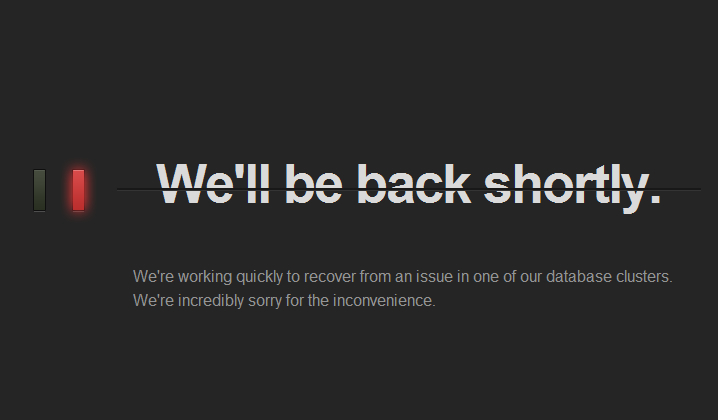
It only seems like I’m kicking Tumblr when it’s down, quite literally. But I’ve been planning to write about giving up Tumblr for some time. The microblog’s service outage, now going on for more than 17 hours as I write, is just the news hook. TechCrunch gets my headline of the week award, partly stated: “Tumblr Redefines The Concept Of ‘Back Shortly‘”. I’ll say. TechCrunch is a WordPress.com VIP; not Tumblr.